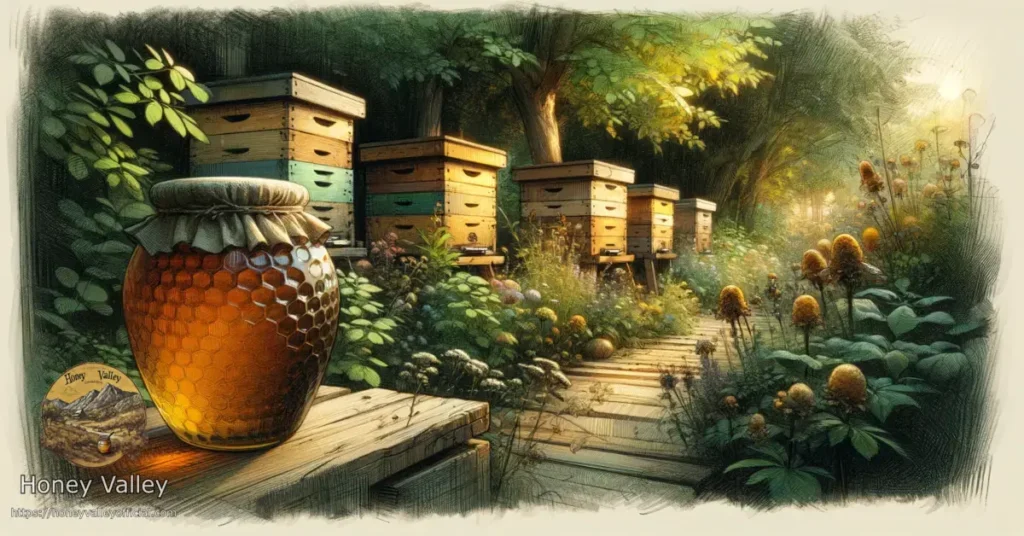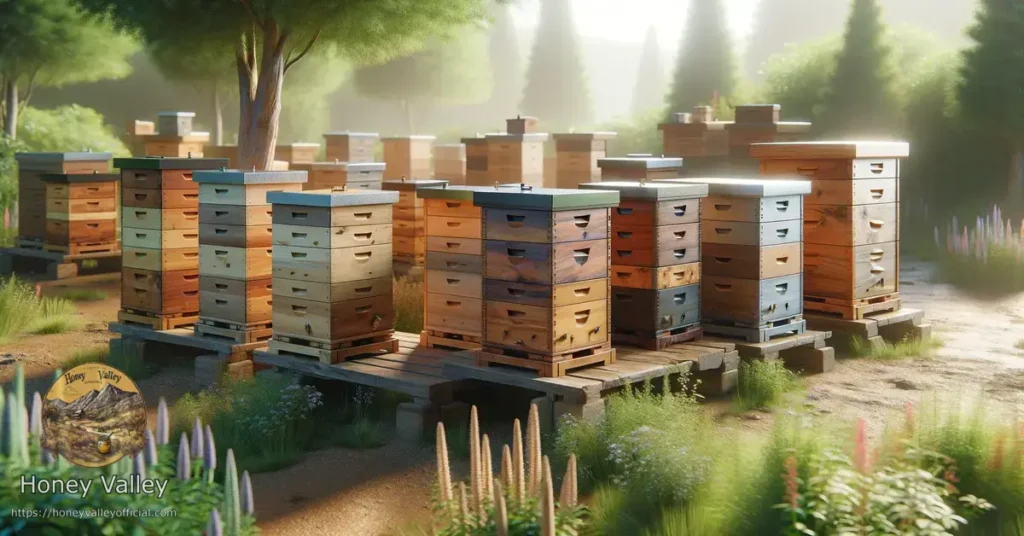Bees play a vital role in our ecosystem, and their conservation is of utmost importance. These tiny creatures are not only fascinating but also essential for the survival of many plant and animal species, including humans. In this article, we will explore the significance of bee conservation and why we should all be concerned about their well-being.
Pollination
One of the primary reasons why bee conservation is crucial is their role as pollinators. Bees are responsible for pollinating a significant portion of the world’s flowering plants, including fruits, vegetables, and nuts. They transfer pollen from the male parts of a flower to the female parts, allowing plants to reproduce and produce seeds and fruits.
Without bees, many plants would struggle to reproduce, leading to a decline in biodiversity and a significant impact on food production. It is estimated that bees contribute to the pollination of around 75% of global food crops. Their pollination services are valued at billions of dollars annually.
Biodiversity
Bee conservation is essential for maintaining biodiversity. Bees are not only responsible for pollinating crops but also wildflowers and other plants. By visiting various flowers to collect nectar and pollen, bees inadvertently transfer pollen between different plant species, promoting genetic diversity.
This cross-pollination helps plants adapt to changing environmental conditions and increases their resilience to diseases and pests. It also supports the growth of diverse ecosystems, providing habitats and food sources for other wildlife.
Food Security
The conservation of bees directly impacts global food security. As mentioned earlier, bees play a crucial role in pollinating a wide variety of crops. Without their pollination services, the availability and quality of many fruits, vegetables, and nuts would be severely affected.
By protecting bees and their habitats, we ensure a more stable and reliable food supply. This is especially important in a world facing increasing population growth and the challenges of climate change. Bee conservation is a proactive measure to safeguard our future food security.
Environmental Indicators
Bees are excellent environmental indicators. Their sensitivity to changes in their surroundings makes them reliable indicators of the health of ecosystems. Declines in bee populations can be an early warning sign of environmental degradation, such as habitat loss, pesticide use, and climate change.
By monitoring bee populations and studying their behavior, scientists can gain valuable insights into the overall health of ecosystems. This information can guide conservation efforts and help address broader environmental challenges.
Medicinal and Economic Value
Besides their ecological importance, bees also have significant medicinal and economic value. Honey, beeswax, and other bee products have been used for centuries for their healing properties and various commercial applications.
Furthermore, beekeeping and honey production provide livelihoods for many communities around the world. By conserving bees, we support sustainable beekeeping practices and contribute to the economic well-being of these communities.
What Can We Do?
Individuals, communities, and governments all have a role to play in bee conservation. Here are some ways we can contribute:
- Plant bee-friendly flowers and create pollinator-friendly habitats in our gardens or public spaces.
- Reduce or eliminate the use of pesticides and opt for natural alternatives.
- Support local beekeepers and purchase honey and other bee products from sustainable sources.
- Educate ourselves and others about the importance of bees and the need for their conservation.
- Advocate for policies that protect bee habitats and promote sustainable farming practices.
In conclusion, bee conservation is crucial for the health of our ecosystems, food security, and overall well-being. By understanding the importance of bees and taking action to protect them, we can ensure a sustainable future for both nature and ourselves.


